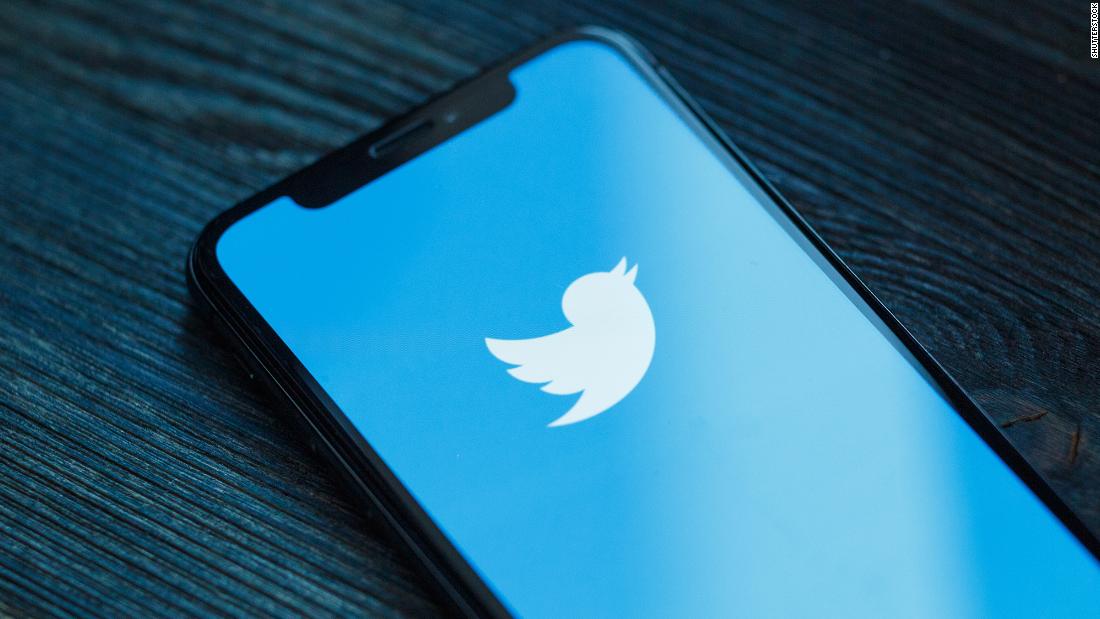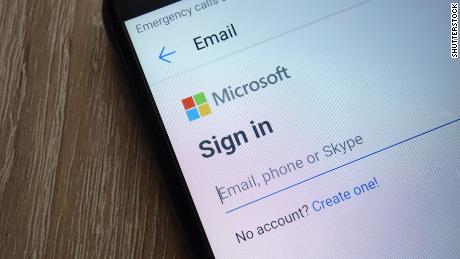Russia’s Twitter crackdown ends up taking out government websites
“Starting today, Roskomnadzor has taken measures of centralized response, namely, slowing down the speed of the service. The slowdown will be implemented for 100% of mobile traffic and 50% of fixed traffic. The mechanism involves slowing down the transfer of photo and video content, without limiting transmission text messages. This way, users will be able to exchange messages without hindrance,” Vadim Subbotin, deputy head of the Roskomnadzor media watchdog, told journalists, according to state news agency TASS.
As the move took place on Wednesday, however, some Russian government websites — including the Kremlin and the Russian Parliament portals — experienced an outage across the country, according to state media RIA-Novosti reported.
As reports of the outages were emerging, Kremlin spokesman Dmitry Peskov told journalists in a conference call that the official Kremlin website was working, but did not rule out the possibility of failures and referred reporters to the Ministry of Communications.
Restrictions on Twitter, Subbotin noted, will remain until all prohibited information is removed.
“Roskomnadzor’s actions are aimed at forcing Twitter to comply with the Russian legislation in order to protect users, including children, from prohibited content posted on the Twitter platform — until it is completely removed,” he said.
The New York Times reported on Sunday that United States is planning a series of cyberattacks on Russia in an act of retaliation following the Solarwinds hack.
There is no evidence as of yet that the website outages experienced in Russia are connected to an outside attack.
Kremlin spokesman Dmitry Peskov also added in a conference call with journalists on Wednesday that tech companies are obliged to comply with the Russian laws and demands of the regulatory departments if they operate on the territory of the Russian Federation.
“Of course, Russians should be able to have access to all the world’s resources. But, in addition to this, the regulatory function is to ensure those resources act in the legal field and fulfill the legal requirements of Russia and Russian departments on the territory of the Russian Federation. Therefore, no one has any desire to block anything, but it is quite reasonable to take measures in order to force these companies to comply with our laws,” said Peskov.
On February 1, a law came into force in Russia, which put the onus on social media networks to independently identify and block prohibited content.
![]()




